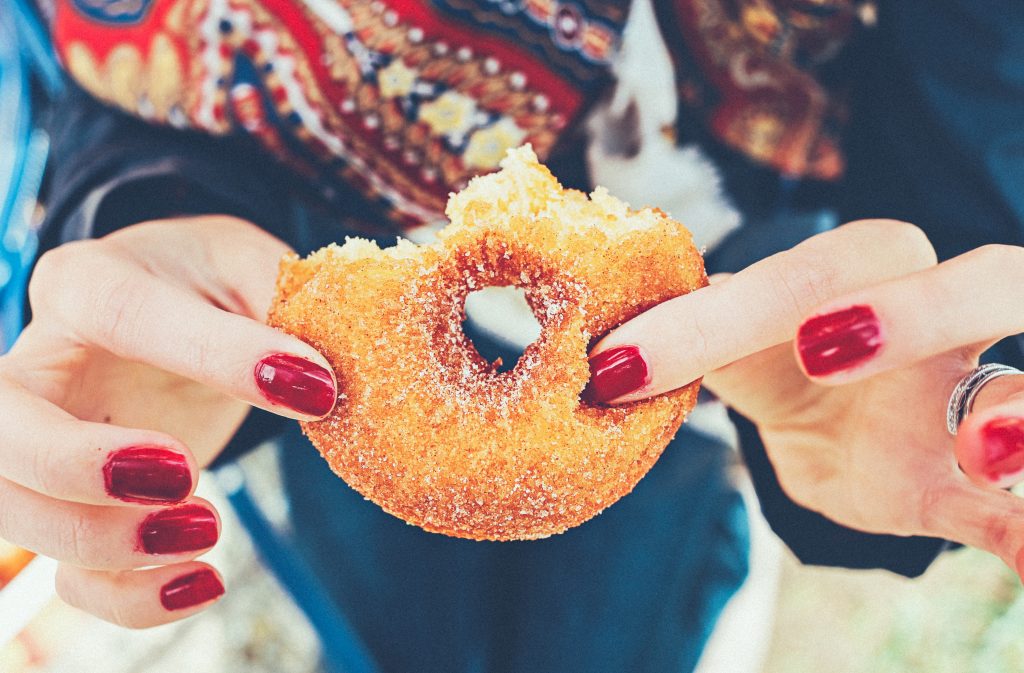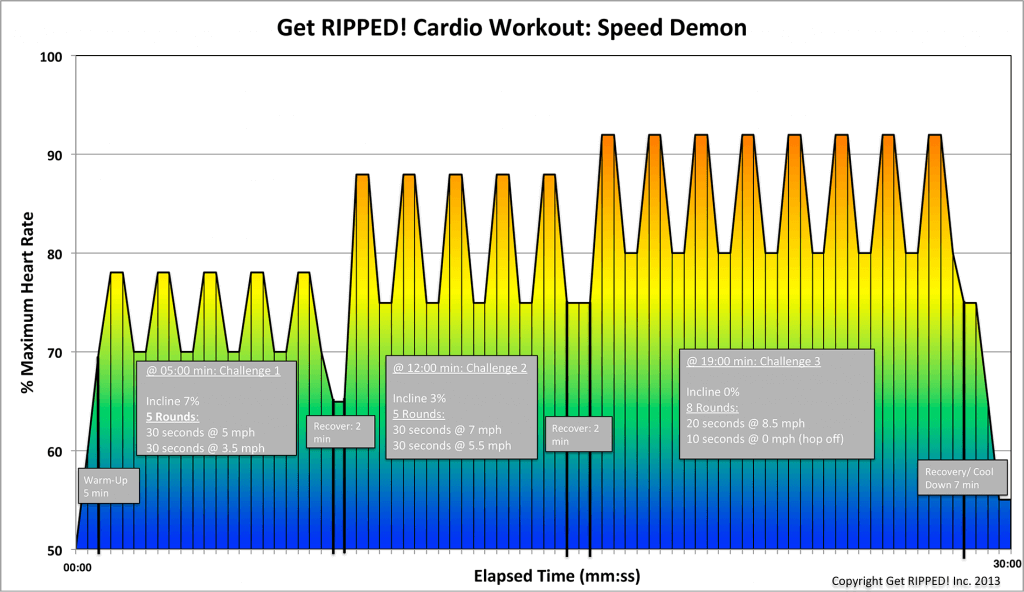Blog
Gain Control Over Emotional Eating
 What exactly is emotional eating? It’s not driven by hunger for food, but by the desire to seek comfort, get relief from stress or simply as a reward for a job well done. Most people reach for sweets, salty food or ones that crunch—think stress relief and potato chips. Everyone has probably seen a cartoon or watched a program where the lead character loses a job, their love or is depressed and reaches for a quart of ice cream. That’s emotional eating and even though it never fixes the problem, often makes the situation and self-loathing worse. You can control over emotional eating and even eliminate it from your life.
What exactly is emotional eating? It’s not driven by hunger for food, but by the desire to seek comfort, get relief from stress or simply as a reward for a job well done. Most people reach for sweets, salty food or ones that crunch—think stress relief and potato chips. Everyone has probably seen a cartoon or watched a program where the lead character loses a job, their love or is depressed and reaches for a quart of ice cream. That’s emotional eating and even though it never fixes the problem, often makes the situation and self-loathing worse. You can control over emotional eating and even eliminate it from your life.
How do you know if you’re an emotional eater?
There are a lot of signs. Is your first response to stress an increase in food consumption? Do you often eat beyond the point of feeling full when you have an emotional situation? Even eating when you’re bored can mean you’re an emotional eater, since you’re trying to fill the void with food, but it also can occur when you’re angry, anxious, upset or sad. What’s the first thing you turn to after a victory or to soothe yourself after something went wrong? If the answer is food, you might be an emotional eater. If food is the friend you turn to in times of need, you probably have a problem. Feeling out of control and powerless around food is also a sign.
Emotional eating can be a vicious cycle.
Sometimes, everyone uses food as the center of a celebration or as a pick-me-up. It’s different with emotional eating. When you’re an emotional eater, you head to the cupboard or fridge when you feel any type of strong emotion, even boredom. That leads to eating more than you should and often beyond the feeling of being full and into the feeling of bloated. That’s when the guilt and self-loathing starts, which can also set off another bout of eating.
There are tools that help you with emotional eating.
When you raise your awareness about when you eat and your emotions at the time, it’s a step toward conquering emotional eating. You’ve learned long ago that eating was a good way to handle emotions, but now the food is handling you. Hypnosis, mindful eating, visualizing an alternative and identifying your emotions when you head toward the refrigerator help you to identify whether it’s real hunger or caused by emotion and control the issue. Hypnotherapy is the quickest way to reach the sub-conscious and get to the core of the problem.
- While identifying emotional eating is important and so is learning alternatives, you also need to focus on eating healthy.
- Some people who are emotional eaters, focus on using exercise instead of food as a solution to their emotional needs. While it won’t solve emotional problems, it will provide a benefit until you learn to deal with those emotional responses.
- While normally procrastination is a bad habit, you can use it to your benefit for emotional eating. When you have a craving, tell yourself you’ll wait just five or ten minutes before you get food. It gives you time to evaluate whether it’s real hunger or emotional hunger.
- Accept yourself as you are and avoid all the negative input of the past. Don’t rush through meals, trying to hide the fact you’re eating, but instead, eat slowly and mindfully, savoring each bite. It helps you recognize when you’re full, reduces the amount you eat and improves your enjoyment.
For more information, contact us today at Jari Love


